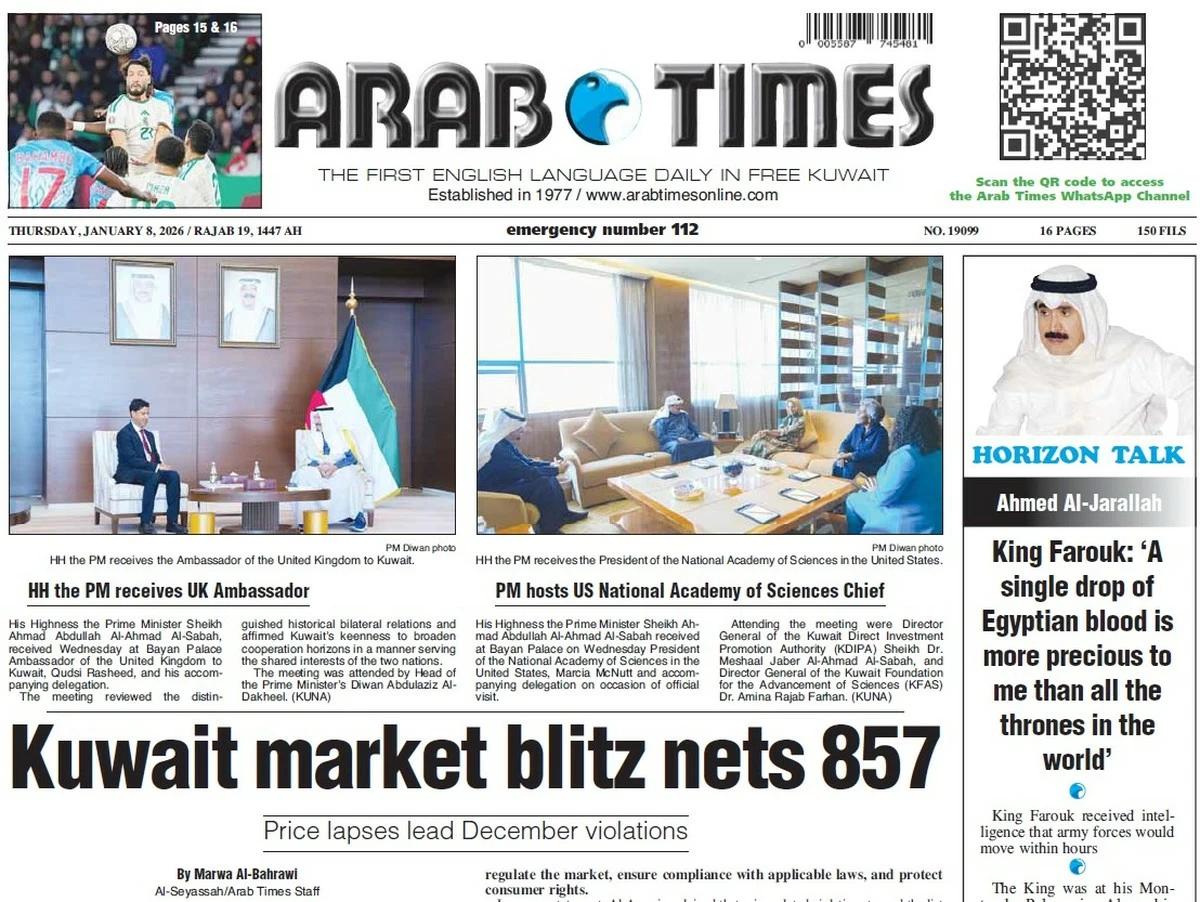21/08/2024
21/08/2024
KUWAIT CITY, Aug 21: Currency traders in Kuwait have recently uncovered new fraudulent tactics employed by certain companies under the guise of “smart copying” in global markets, including gold, energy, and currency trading.
Affected investors explained that these companies promote “smart trading,” which involves copying the trading orders of global traders without guaranteeing successful outcomes. This lack of assurance has led to significant financial losses for some investors – up to 80% of their investments. The companies in question claim that the losses are beyond their control, attributing them to the volatile nature of global markets and regional geopolitical conditions.
One investor, who experienced losses after trading in gold – despite its substantial gains globally this year – called on regulatory authorities to address these emerging fraud schemes. They emphasized the difficulty in distinguishing between legitimate and fraudulent trading companies, particularly with the proliferation of electronic trading platforms.
Novice traders are especially vulnerable, often falling victim to unlicensed firms disguised as legitimate entities. Government agencies face challenges in tracking these companies, especially those licensed abroad, which mislead Kuwaiti investors into believing they hold local licenses. While some firms claim to operate with official permits, others engage in deceptive practices such as price manipulation or stock tampering, deliberately causing losses for traders. These companies exploit the lack of investment knowledge among many investors.
Verifying
Sources stressed the importance of verifying the licenses of these trading firms, as they fall under the jurisdiction of regulatory bodies. Investors are urged to verify the legitimacy of companies by checking their license numbers with relevant authorities. The rapid growth of Kuwait’s trading market has made it an attractive target for scammers, who continuously evolve their methods to capitalize on the ambitions of investors seeking quick profits. Among the latest fraud techniques are the use of advanced technologies, including artificial intelligence, to deceive traders.
Fake trading platforms are also a common method, with scammers creating bogus platforms that mimic the names of well-known, licensed companies or presenting themselves as promising new firms. Investors are lured in by enticing offers and unrealistic profit claims, only to realize they’ve been duped when they attempt to withdraw their funds. Social media has become another avenue for fraud, with scammers setting up fake accounts posing as trading experts or successful international investors.
These fraudsters share fabricated trading results and provide misleading investment advice to attract unsuspecting victims. Additionally, “groups” operating beyond the reach of regulatory oversight use text messages to send investment offers or warnings about potential losses, further enticing investors into unsafe investments. New investors are often enticed with lucrative offers, such as large deposit bonuses or promises of doubling their profits quickly.
These fraudulent platforms may also manipulate prices and fees, resulting in further losses for investors. In response, regulatory authorities have made several attempts to regulate the trading market, focusing on monitoring companies that operate as brokers. Their goal is to protect investors from fake trading firms and marketing companies that use brokerage roles in Forex, currency, and metal trading as a cover for scams. The Ministry of Commerce and Industry has issued warnings against investing in global markets without proper licensing, aiming to curtail the spread of these fraudulent activities


